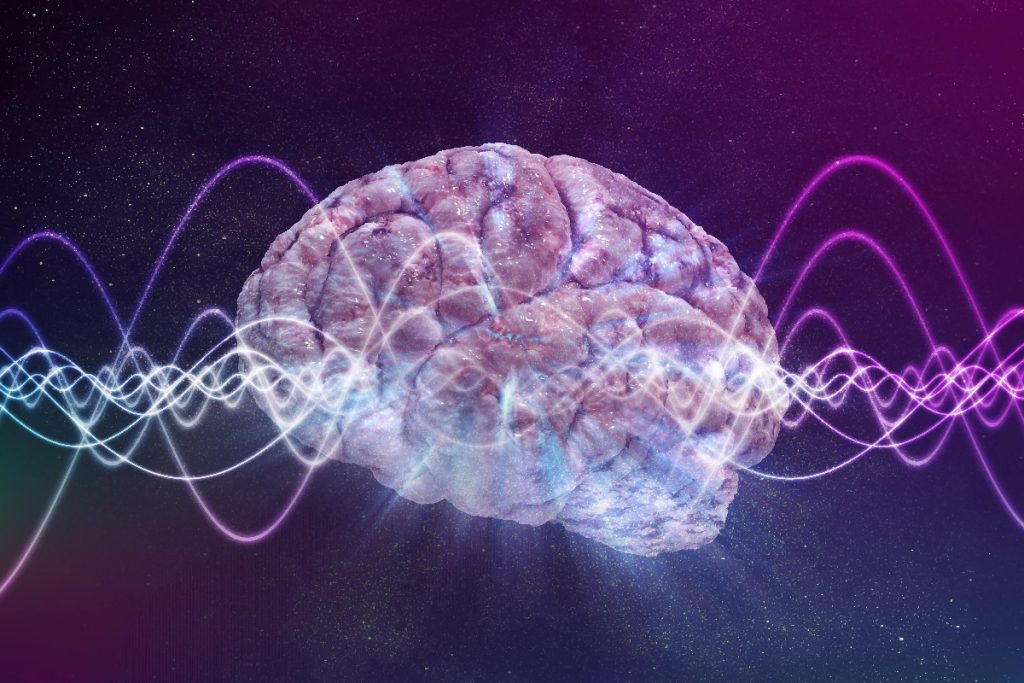Watan-Neurologists recommend avoiding three specific habits in youth that can negatively and directly affect brain health.
Dr. Baibing Chen, a neurologist and epilepsy specialist at the University of Michigan, says, “As humans, we often ask ourselves: ‘What if I had done things differently when I was younger?’” He adds, “Although I don’t encourage this type of thinking as it can lead to unnecessary stress about things we can’t change, it is important to reflect on past mistakes and learn from them—or better yet, learn from others’ mistakes before making our own.”
Here are three key habits to avoid to maintain optimal brain function and overall health:
1. Drinking Soda Daily
As teenagers, many fail to grasp the damage caused by excessive sugar intake. Research clearly links high-sugar diets to insulin resistance, type 2 diabetes, cardiovascular disease, chronic inflammation, and even cognitive decline.
Over time, high sugar consumption may increase the risk of dementia, including Alzheimer’s disease.
Fortunately, cutting back on sugary drinks and sugar overall can help reduce some of these negative effects, although some long-term damage may be irreversible.

2. Listening to Loud Music
Excessive noise exposure can lead to hearing loss, heightened sound sensitivity, and chronic tinnitus. Damage to cochlear hair cells is permanent, as they do not regenerate. Studies show that hearing loss often correlates with mental health issues like anxiety and depression.
Moreover, several studies connect hearing loss to an increased risk of cognitive decline and dementia. When the brain struggles to process sounds due to hearing loss, it reallocates cognitive resources away from memory and reasoning.
Dr. Chen notes: “Even though I still use headphones and enjoy music, especially while exercising, I keep the volume at or below 60% and limit listening to no more than 60 minutes per day.”
Addressing hearing loss early can ease the brain’s cognitive load. Hearing aids have been shown to lower dementia risk in those with hearing impairment by delaying cognitive decline and improving brain health overall.
Interestingly, people born deaf or who lost hearing at an early age don’t face the same increased risk of cognitive decline, as their brains develop compensatory mechanisms.
3. Not Taking Sleep Seriously
During adolescence and early adulthood, many underestimate the importance of sleep. Both sleep quality and duration are vital for brain health—not just for rest, but for adolescent brain development, memory strengthening, emotional processing, and waste elimination.
Severe sleep deprivation can have devastating effects on both physical and mental health.
Dr. Chen says, “Now that I better understand sleep’s role, I strive for 7 to 9 hours of sleep each night. My job as a physician doesn’t always allow it, especially during shifts. But as a strong advocate for brain health, I call for reforms in our field—particularly in medical training—to ensure more doctors get the rest they need.”
While some structural brain changes due to chronic sleep loss may be permanent, many cognitive and behavioral impacts can be reversed by improving sleep habits.
